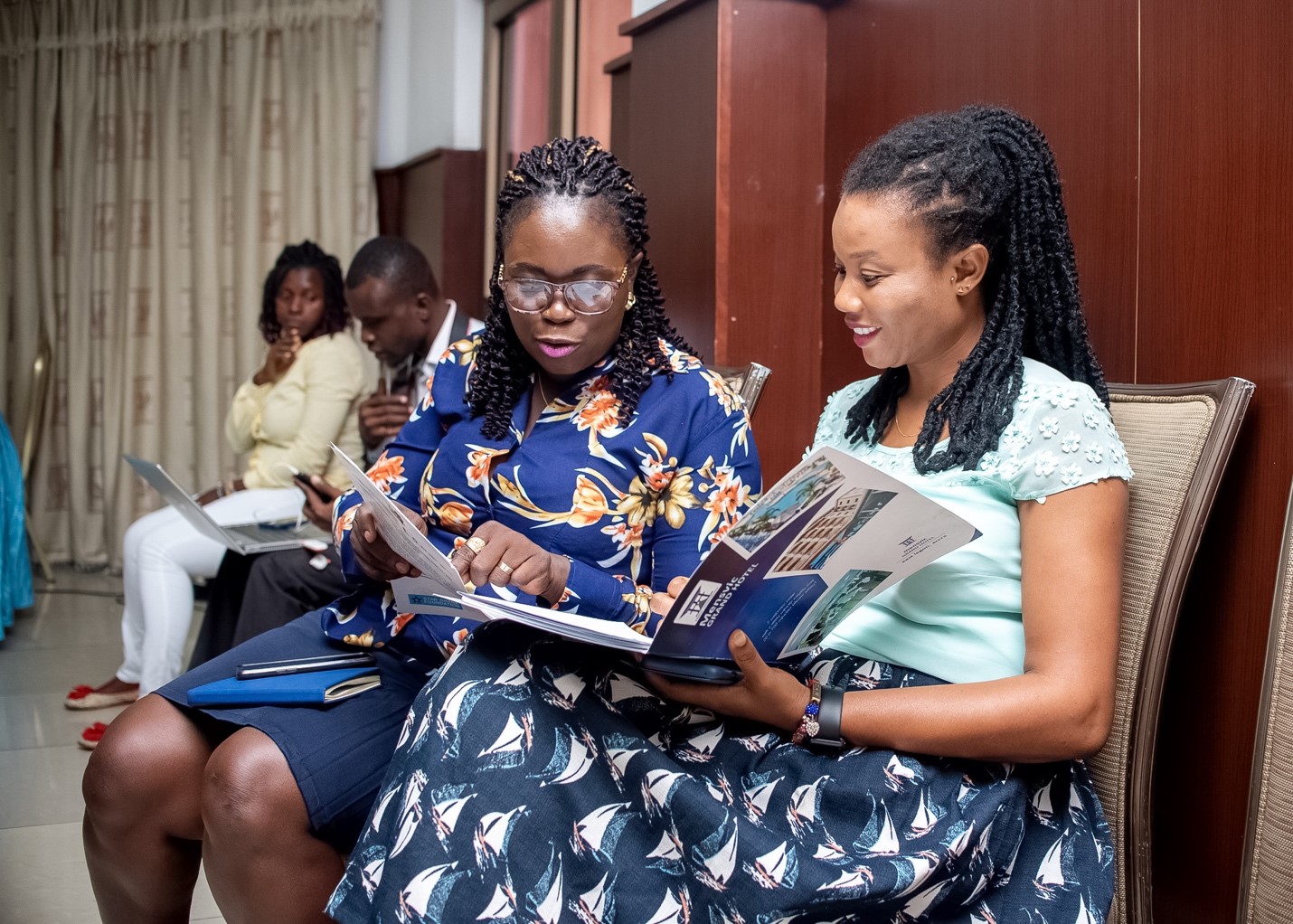Regional Forum
World University Service of Canada (WUSC) a Canadian non-governmental organization focused on economic empowerment of youth and women, will be hosting a regional forum, highlighting key results and learnings from one of its consortium projects, the West Africa Governance and Economic Sustainability in Extractive Areas Project (WAGES Project). The WAGES project is co-implemented by the Center for International Studies and Cooperation (CECI) and funded by Global Affairs Canada (GAC). The forum will be taking place in Accra from November 30th to December 2nd at Alisa Hotel; hosting a wide array of dignitaries and strategic partners, including: the Canadian High Commission, Chamber of Mines of Burkina Faso, Ghana and Guinea, Ghana Enterprises Agency (GEA), the Mineral Development Fund (MDF) and Ghana Extractive Industry Transparency initiative (GHEITI), among various regional partners, entrepreneurs, and financial institutions.

With a theme of “Maximizing socio-economic benefits from Extractive Areas for Women and Youth Entrepreneurs – Connect, Collaborate, Scale-up” the forum will provide a platform for the sharing of knowledge, the exchange of best practices, and promote good dialogue between the various regional actors in local governance, sustainable economic development, and the challenges and opportunities for women and youth in the extractive sector.
WAGES Project
The WAGES Project is a regional project, implemented in Ghana, Guinea, and Burkina Faso, with an aim to break the vicious cycle in which local communities, especially women and youth, are excluded from the benefits of mining investments. Throughout its six years of implementation, the project focused on three pillars of intervention in extractive communities – local economic development, knowledge sharing, and local governance. The WAGES project utilized a community-based approach, in which it partnered directly with local governments across the three countries, to support community needs. In an attempt to keep community members at a forefront, the project supported developing toolkits for local governments and enterprises, establishing women’s and youth support groups, to help advocate for their economic and social rights.

Major highlights in local economic development interventions
Throughout its five years of implementation, the WAGES Project has boasted some remarkable intervention outcomes through its local economic development interventions, across the three countries. Over 85% of all female and youth beneficiaries surveyed expressed an increase in their ability to make economic occupation decisions themselves. Something that is essential to this segment of society that is often overlooked and marginalized. Moreover, the WAGES project directly supported over 6,000 entrepreneurs in the three countries by partnering with entities such as the Ghana Enterprises Agency (formerly NBSSI) in Ghana to train entrepreneurs on how to start, manage, and grow their businesses. The same approach was adopted in Guinea and Burkina Faso, partnering with government entities and NGOs to train young entrepreneurs on business development and entrepreneurship. The training gave entrepreneurs the opportunity to learn about business planning, branding, marketing, communications, and even production of green economy products, such as mushroom growing and black soap manufacturing. Providing the necessary tools for business growth and development for entrepreneurs was necessary for the project, and it proved to be essential. In Burkina Faso, 33.8% of businesses supported by WAGES reported growth in sales and revenue, with higher rates of 56.5% growth and 61.4% growth in Ghana and Guinea respectively.
In order to enhance local economic development, and through partnership with Global Affairs Canada, the project was able to disburse over CAD $ 300,000 across the three countries in direct grant support to female and youth entrepreneurs. The regional forum will be looking closely at those results.
Major highlights in local governance interventions
Mineral royalties and revenues are an essential lifeline of mining communities. Mining companies often pay dividends to local governments as part of their lease agreements and their contributions to communities. These revenues must be held accountable by community members, and thus the project was able to facilitate dialogue between local governments, community members, and administrators of mineral royalty funds to ensure the economic participation of women and youth through these funds. In Guinea, the project worked closely with civil society organization Ami Camara, to reframe the royalty policy of Guinea to at least allocate 30% of mineral royalties to women and youth-led businesses. This was a massive feat for the project. In Burkina Faso, the project pushed for 32% of mineral royalties to be allocated to municipal budgets whiles in Ghana the project supported the Minerals Development Fund to put in place a roadmap for the development of Regulations for the MDF Act, 2016 (Act 912) as well as supported capacity building of the Local Management Committees of the Mining Community Development Schemes.
An event for market linkages
Aside from sharing project results and giving a full platform for community members and international organizations to share their experiences and thoughts; the regional forum will also offer an exhibition for entrepreneurs to sell their products at the forum. With over 20 entrepreneurs in attendance from the three countries, there will be a wide array of products displayed, ranging from jewelry, beauty products and creams to nutritional products.
While in-person attendance is by invitation only; anyone may register to join the forum online, including all breakout sessions using the eventbrite page:

https://www.eventbrite.com/e/wages-regional-forum-2021-tickets-211112722837










